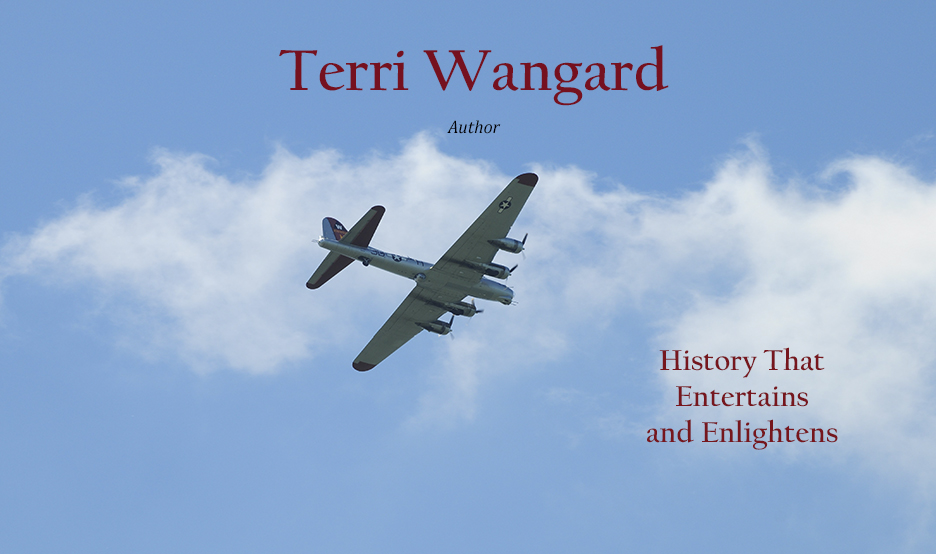A
new book, Seven Days of Infamy: Pearl
Harbor Across the World, is described as a collection of remembrances of
mostly famous characters not usually associated with the attack on Pearl
Harbor. It offers anecdotes I’d never heard before.
Actress
Greer Garson didn’t want the role of Mrs. Miniver. Portraying a mom of a
grown-up son was professional suicide. Louis Mayer strong-armed her into
signing on. It proved to be her greatest film.
Mary
Astor didn’t like kissing Humphrey Bogart. A botched lip surgery made him a
very slobbery kisser.
The
Japanese knew their China “adventure” was a mistake and very unpopular at home,
but they couldn’t pull out without losing face. Certainly they wouldn’t because
the United States told them to.
If
Honolulu radio station KGMB played music all night long, military aircraft were
expected to arrive early the next morning. The air force paid for this service
so planes could home in on their signal. Of course, so could the Japanese
attack force.
At
Schofield air field, a medical officer stood ready to spray an incoming flight
of B-17s with insecticide to kill any bugs as soon as they touched down.
Author
John Steinbeck wrote a play about a European town occupied by Germans for the
Foreign Information Service to combat German propaganda. He dictated the play
to a secretary who made significant changes of her own to the script, leaving
out portions about the Germans she didn’t like. Turns out she was a Nazi
sympathizer actively supporting Hitler.
The
British were ecstatic over the attack on Pearl. They felt no outrage at the
Japanese, no sympathy for the American dead, only pleasure that America was now
in the war. The British ambassador, Lord Halifax, was sent to America to
persuade Americans to join the war, which proved to be very much an uphill
task. He was amazed at the virulence of anti-British feeling across the country.
America Firsters in Detroit, convinced the British wanted America to fight to
defend their empire, pelted him with eggs and tomatoes.
Many
Americans were pleased the attack brought them into the war. Roosevelt’s
Lend-Lease envoy to Britain, Averell Harriman, was bitter toward isolationists.
He hoped American cities would be blitzed to wake people up.
Britain
had no diplomatic relations with Hungary, so the American ambassador in
Budapest handled their affairs. That included delivering their declaration of
war. The British had no quarrel with Hungary, but their Russian allies, bitter
over Hungarian soldiers on the Russian front, pressured them into the
declaration.
A week
later, the Hungarian prime minister/foreign minister returned the favor to the
American ambassador. At Germany’s insistence, Hungary declared war on the US.
Spain
was pleased with the attack, another success of the German-Italian-Japanese
Axis that Spain had all but joined. Franco sent a congratulatory telegram to
Tokyo. He presumed the American entry into the war would be confined to the
Pacific.
The
Japanese high command entertained far-fetched ideas in their euphoria after
their success, such as an amalgamation of Alaska, Alberta, British Columbia,
and Washington State in a new Japanese-controlled country after they won the
war.
How
much of this did you know?


I didn't know any of it. Very interesting indeed. I will look into getting this one.
ReplyDelete